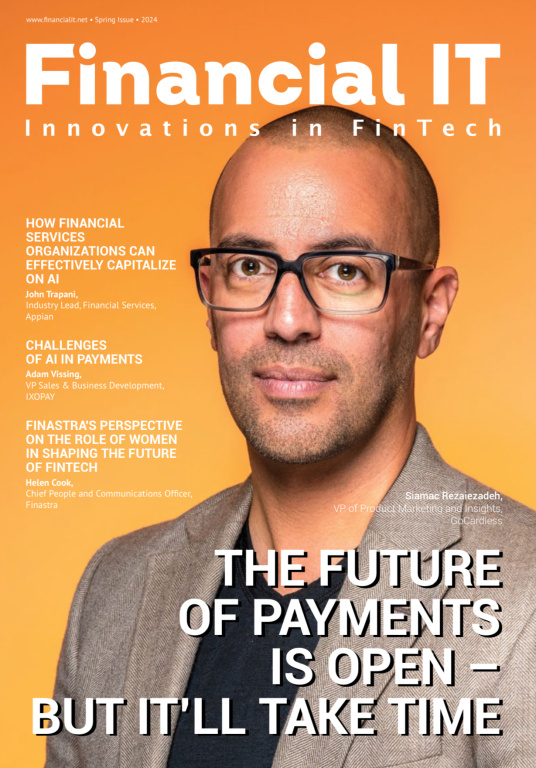FCA Report Calls for Global Solution to Tackle Money Laundering

- Zac Cohen, General Manager at Trulioo
- 28.08.2019 11:15 am AML , FCA
The 2019 Financial Conduct Authority’s (FCA) annual report, released in July, revealed, as expected, the need to reinforce the UK’s financial markets by making it hostile to money laundering criminals. Approximately £100bn[1] is laundered through the UK every year and over the last several weeks a severe clampdown has taken place across the UK to stem the destructive plague that is money laundering. Lloyd’s bank recently froze 8,000 unverified offshore accounts[2] after a money laundering crackdown and a recent embargo on suspected money laundering has resulted in 51 bureaux de change and currency transfer businesses being raided by police[3].
Additionally, the increase in criminals turning to modern technologies and alternative financial systems has reemphasised the call for greater transparency in money laundering standards. Coincidentally, the ease with which money can easily be moved between several bank accounts around the world in a matter of hours, alongside limitations in existing legislation aimed at countering money laundering, has meant authorities and businesses fail to keep pace with the ever-developing tactics used by criminals.
Effectively plugging these gaps is no easy feat. It requires placing a greater emphasis on collaborative approaches to data sharing across borders, thus increasing the transparency of financial transactions as they originate. Speedy access to information around the origins of transactions and the identities of transacting parties is a key tool that may be used to increase trust and safety, therefore limiting the likelihood of money laundering and instances of identity fraud.
Movement of cash is the life-force of money laundering. By verifying the entity and checking the key beneficiaries against watch lists, organisations have access to information that can help them differentiate between legal and illicit transactions to avoid doing business with criminals. The availability of real-time data sourced from public and private networks offers a convenient and modernised way to identify and verify the account holders. This notion of cross-border collaboration and shared data eliminates the opaque nature of financial transactions and empowers organisations to stay one step ahead of criminals and effectively outsmart them.
The outlook for Anti-Money Laundering (AML) and Know Your Customer (KYC) monitoring has seen a shift towards automated systems and artificial intelligence empowering companies to search through millions of documents instantaneously through a single touch point -- a powerful tool for the successful authentication of personally identifiable information. Universally, businesses are enjoying the benefits of a global ecosystem precipitated by the expansion of the internet.
Financial transactions are a mainstay of the new global online economy; therefore, the obligation falls on organisations operating within the ecosystem to uphold the highest levels of anti- fraud and AML-compliance identity verification standards and remain responsible in how they verify business and customer data.
Due to the ability of fraudsters to continuously adapt their nefarious ways, organisations are required to have procedures in place to anticipate and deal with various emergency scenarios. The ability to review and adjust these processes on an ongoing basis and stress-test them is a sure-fire way to ensure they are capable of defending your business.





















